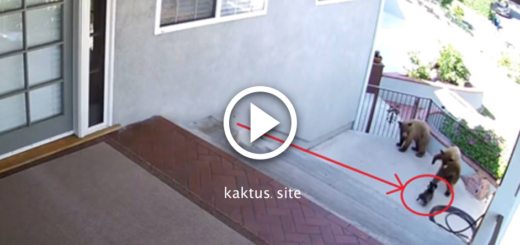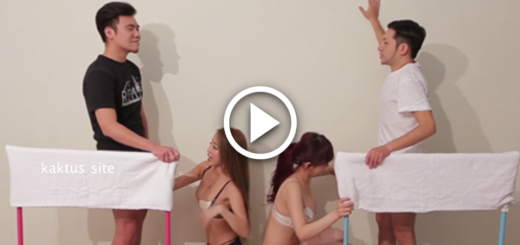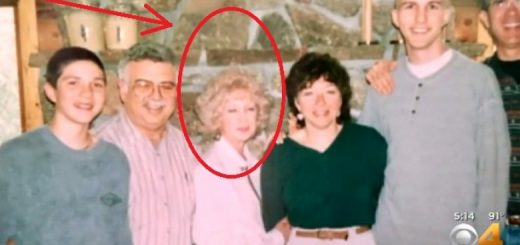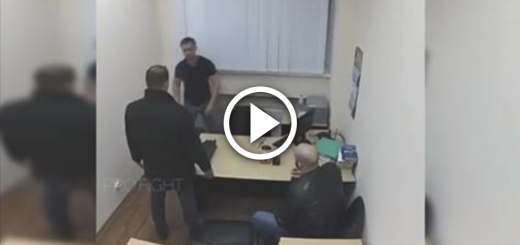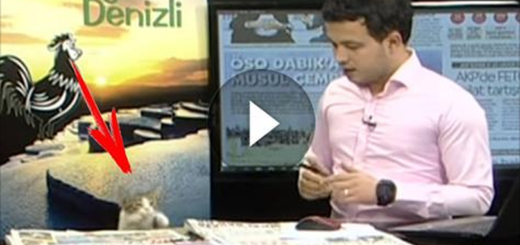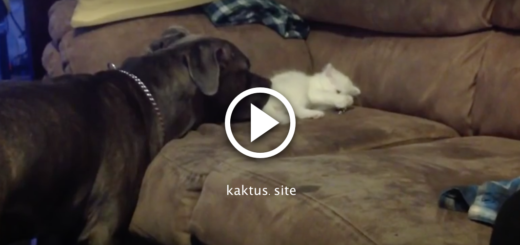When we reached the corner, Jonathan said, «She’ll try to fight it.»
«I’d be disappointed if she didn’t.»
He smiled faintly. «I’ll handle any filings for now. She’s officially trespassing.»
«Good,» I said. «Let her stand in my living room and explain that to the sheriff.»
He nodded once and got out, his umbrella blooming above him. I watched him disappear into the gray before driving off. Back at my friend’s apartment, Hannah was coloring at the kitchen table. She looked up.
«Did you talk to him?»
«Yeah.»
«Are we going home?»
«Soon.» She nodded, serious. «Grandma’s going to be mad.»
«She’s been mad since 1987,» I said. «She’ll survive.» Hannah giggled, the first real laugh I’d heard from her in weeks. I decided it was the sound I’d fight for from now on.
That night, I couldn’t stop replaying the look on my mother’s face when she realized the house wasn’t hers to rule anymore. For once, she’d opened a door she couldn’t slam. I lay awake listening to the rain hit the window, steady and endless. It sounded like patience. It sounded like waiting for the next move. Because there would be one. There always is.
The days after the notice blurred together. Rain again. Lawyers again. Paper again. Jonathan called that same night. «She’s already hired counsel,» he said. «They’re claiming you fabricated the lockout.»
«Of course they are.»
«They also allege undue influence over your father.» I laughed. Because caring for a dying parent is suspicious now.
He didn’t laugh. He never does. «I’m filing for emergency possession. The police report helps.»
The report. I’d gone to the station that morning, sat under buzzing fluorescent lights, and told a young officer how my mother locked an 11-year-old outside in the rain. He’d typed everything quietly, then looked up and said, «That’s neglect.»
You did the right thing. Jonathan attached the report to the petition, and the judge signed the order two days later. Fastest justice I’ve ever seen. Mom’s lawyer tried to stall with a motion full of bold italics and zero evidence. The court denied it before lunch.
Jonathan called again. «The sheriff’s office will set an enforcement date. Probably within the week.»
«Already?»
«You wanted quick,» he said.
That night I told Hannah we’d be home soon. She was quiet for a moment, then asked, «Are they still there?»
«Who?» I said, even though I already knew.
«Grandma, and them.»
«No,» I said, «not anymore.» She nodded, serious, like she understood something bigger than she should have to.
When the email came with the date and time—10 AM, Thursday—it didn’t even feel real. But the words were right there on the screen: «Writ of possession, immediate enforcement.»
The morning of the eviction, I woke before the alarm, my heart already sprinting. The sky looked like metal again—gray, restless. I made coffee so strong it could dissolve a spoon and drank it standing up. Jonathan had emailed the schedule the night before. «10 AM, sheriff’s enforcement, standard procedure.» Two words I’d been waiting for: standard procedure. Because nothing about my family ever was.
Hannah was at school. I told her I had errands. She believed me. I didn’t want her to see this. No child should ever watch people she called family being escorted out by law enforcement.
When I pulled onto the street, my stomach twisted. Three cars in the driveway, of course. Brittany’s SUV, Ryan’s truck, Mom’s sedan. They were all home for the big show. Two deputies were already at the door when I parked. I stayed near the sidewalk, rain starting to mist down, pretending to scroll through my phone like this was someone else’s house.
From inside came voices, sharp, familiar. Mom first, high and offended. Then Brittany, dramatic, wailing like she was auditioning for pity. Ryan chimed in with that useless tone men use when they think volume equals authority. One of the deputies knocked again, firmer this time.
The door flew open. Mom appeared, hair perfect, fury perfected. She pointed at me across the yard like I’d been summoned from hell. «She’s the one!» she yelled. «She forged everything!»
The deputy didn’t even look at me. «Ma’am, we have a court order.»
Brittany appeared behind her, holding her phone up like she was live-streaming. «This is abuse,» she said. «You can’t throw out a widow.» Ryan muttered something about lawyers and rights as he folded his arms. The deputy read the order anyway, calm and steady.
He explained that they had 15 minutes to collect essential items and leave the property. Fifteen minutes. Mom laughed, the brittle kind. «You can’t be serious.» He was.
They started pacing, arguing, knocking things over. Brittany cried harder. Ryan slammed a door. Mom kept repeating, «This is my home,» like repetition could turn it into truth. I just stood there, halfway up the walkway, hands in my jacket pockets, pretending the rain didn’t sting. I didn’t say a word.
When the first deputy stepped aside for them to pass, Brittany stormed out carrying a stack of clothes and two framed pictures—one of her kids, one of Dad, which she’d taken from his office. I almost said something. Then I remembered: not my circus anymore. Ryan followed, lugging a box and glaring at me like he thought I’d enjoy this. He wasn’t wrong.











